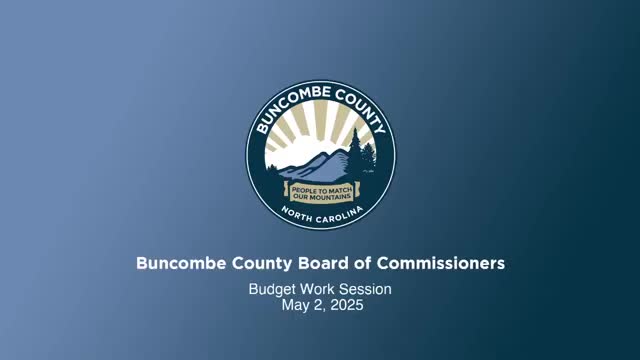Article not found
This article is no longer available. But don't worry—we've gathered other articles that discuss the same topic.
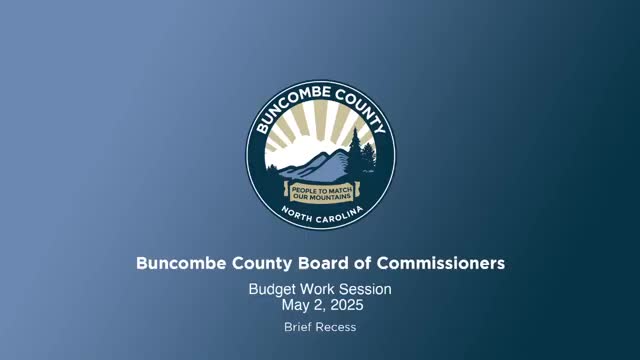
Asheville City Schools asks Buncombe County for $2.41M and restoration of supplemental levy; cites Helene impacts and enrollment shifts
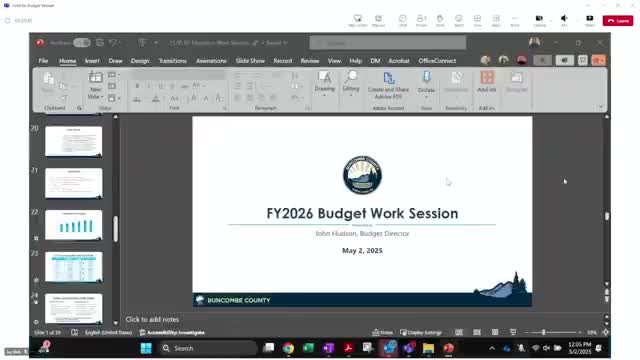
AB Tech requests $8.4M from Buncombe County; college outlines facility master plan and recovery work after Helene
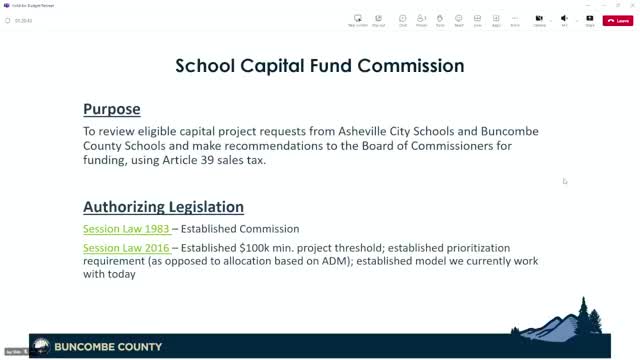
School capital commission recommends nearly $11M in cash-funded projects; county staff questions Public School Forum ranking methodology
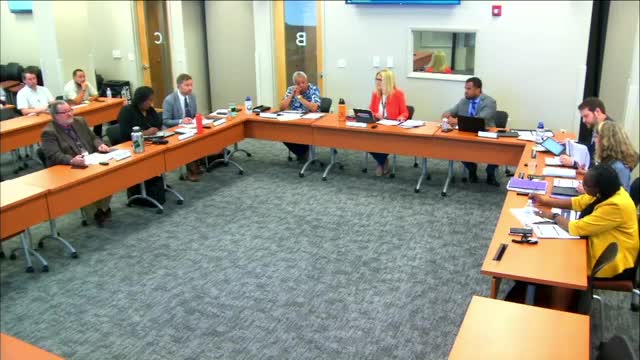
Six Buncombe County fire districts ask commissioners for tax-rate hikes to preserve staffing and equipment
